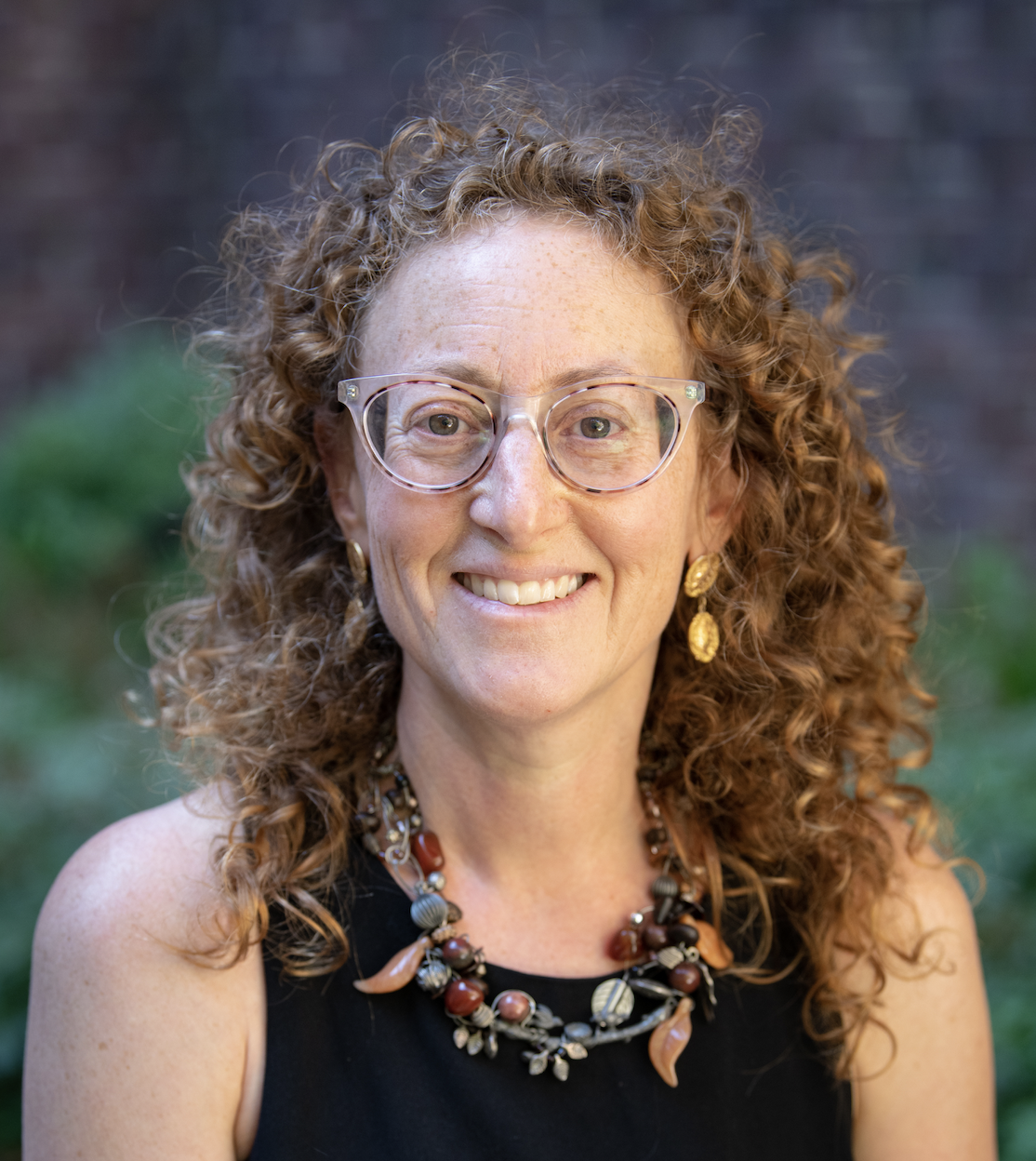Corey Shdaimah, Dassi Postan-Aizik, and Nicole Mattocks
January 27, 2025
Corey Shdaimah, Dassi Postan-Aizik, and Nicole Mattocks published in Journal of Human Rights in Social Work.
Professors Corey Shdaimah, Dassi Postan-Aizik (’19 UMB postdoctoral Fellow and co-lead of the UMB/UH/YVC partnership) , and Nicole Mattocks (doctoral program alumna) published an article Journal of Human Rights in Social Work. The article, “Maybe It’s Not Always to Great Effect, but There’s Some Serious Hustle”: Community Organizing in Response to Environmental Harms in Baltimore, is based on a qualitative study exploring how a Baltimore-based community organization attempted to build power and mobilize around environmental concerns with the aim of uniting communities across racial, spatial, and socioeconomic divides. Drawing on qualitative interviews (N = 39) with organizers and community members, we examined (1) how participants understand and frame environmental harms and (2) the interplay between environmental harms and community organizing processes.
Findings revealed three themes.
First, participants framed environmental harms as both bounded (concentrated in neighborhoods) and unbounded (transcending geographic boundaries). A human rights framework helped bridge understandings of seemingly disparate environmental injustices.
Second, organizational processes characterized by fluidity enabled shifting roles, issue areas, and conceptual framings as contexts changed.
Finally, nurturing community capacity through attending to power imbalances, skill building, and connecting environmental harms and human rights further enabled organizing. The advocacy efforts achieved some of its goals, while the organizing processes developed participants and community consciousness, leadership, and solidarity across differences.
The study suggests intentional framing of environmental concerns through a human rights lens, flexible organizing processes, and purposeful capacity-building can nurture the solidarity and sustained commitment required for communities to mobilize power and address environmental injustices, even amidst diversity. Measuring success should extend beyond achievement of specific environmental goals to also account for lasting impacts on individuals and communities engaged in this work.
You can access the article at the following link: Shdaimah, C.S., Postan-Aizik, D. & Mattocks, N. “Maybe It’s Not Always to Great Effect, but There’s Some Serious Hustle”: Community Organizing in Response to Environmental Harms in Baltimore, MD. J. Hum. Rights Soc. Work (2025). https://doi.org/10.1007/s41134-024-00353-9